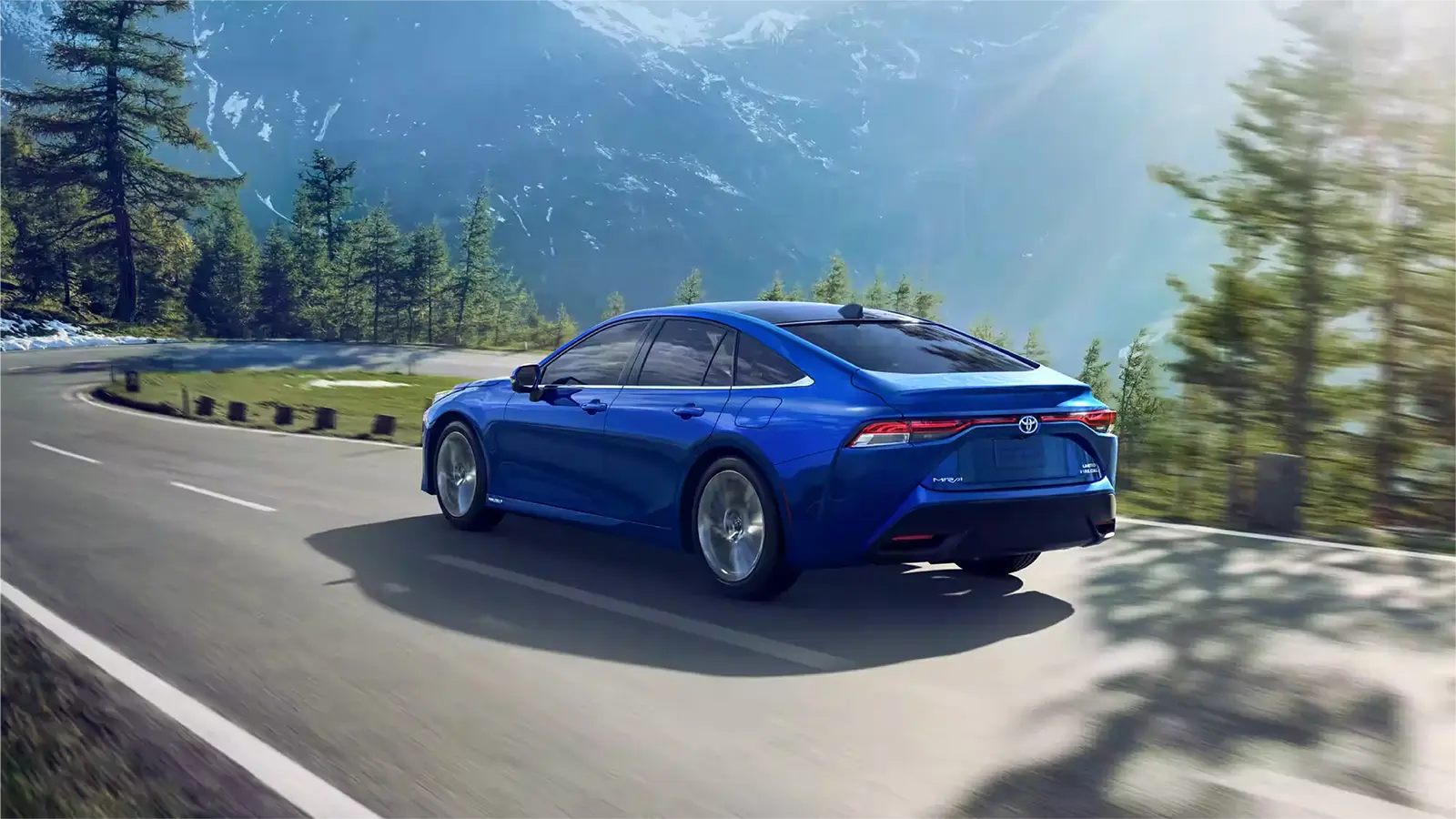Which Clean Vehicle Technology Is Right for You?
As the automotive industry evolves, more drivers are exploring alternatives to traditional gasoline-powered vehicles. Among the most popular clean vehicle options today are hydrogen fuel cell vehicles (FCEVs), battery electric vehicles (BEVs), and hybrid electric vehicles (HEVs). Each technology offers a unique balance of efficiency, emissions reduction, cost, and convenience.
This guide compares these three options side by side to help you understand the key differences and determine which may be the best fit for your lifestyle.
Quick Comparison: Hydrogen, Electric, and Hybrid Vehicles
Here’s how hydrogen fuel cell vehicles (FCEVs), battery electric vehicles (BEVs), and hybrid electric vehicles (HEVs) stack up across key features:
Power Source
- Hydrogen vehicles run on compressed hydrogen gas stored in a tank.
- Electric vehicles use electricity stored in a large battery pack.
- Hybrids rely on a gasoline engine supported by a small battery and electric motor.
Tailpipe Emissions
- Hydrogen vehicles emit only water vapor.
- Electric vehicles produce no tailpipe emissions at all.
- Hybrids emit less pollution than traditional gas vehicles, though not zero.
Refueling or Charging Time
- Hydrogen cars can be refueled in about five minutes, similar to gas vehicles.
- Electric vehicles take anywhere from 30 minutes (fast charging) to 12 hours (Level 1 home charging).
- Hybrids don’t need to be charged, they refuel like a regular gas car.
Typical Driving Range
- Hydrogen vehicles offer a range of roughly 300 to 400 miles per tank.
- Electric cars usually provide between 200 and 350 miles per charge, depending on battery size.
- Hybrids often achieve a combined range of 400 to 600 miles, using both fuel and battery power.
Home Charging Capability
- Hydrogen cars do not support home refueling.
- Electric vehicles can be charged at home with standard or upgraded outlets.
- Hybrids don’t require charging at all.
Fueling Infrastructure
- Hydrogen stations are very limited and mainly found in select regions.
- Electric charging networks are expanding rapidly across cities and highways.
- Gas stations are widely available, making hybrids convenient anywhere.
Upfront Vehicle Cost
- Hydrogen vehicles tend to be the most expensive option due to complex fuel cell systems.
- Electric vehicles range from moderately priced to premium, depending on battery size and features.
- Hybrids are generally the most affordable entry point into electrified vehicles.
Operating Cost
- Hydrogen vehicles offer low operating costs, though hydrogen itself can be pricey where available.
- Electric vehicles have the lowest overall operating costs due to cheap electricity and minimal maintenance.
- Hybrids cost more to fuel than EVs but still offer savings over traditional gas cars.
Maintenance Needs
- Hydrogen and electric vehicles both require less maintenance than gas cars because they have fewer moving parts.
- Hybrids require moderate maintenance but still less than a typical gas vehicle thanks to electric assist and regenerative braking.

Hydrogen Fuel Cell Vehicles (FCEVs)
Hydrogen vehicles use a fuel cell to create electricity from compressed hydrogen gas. This electricity powers an electric motor, providing smooth and quiet performance. These vehicles refuel quickly and offer long range, but the biggest drawback is the very limited number of hydrogen fueling stations.
Good choice for: Drivers in areas with hydrogen infrastructure who want long range and quick refueling without producing tailpipe emissions.
Battery Electric Vehicles (BEVs)
Electric vehicles run entirely on electricity stored in a battery pack. They must be charged regularly, which can be done at home or at public charging stations. They offer zero emissions, low operating costs, and a quiet, responsive driving experience.
Good choice for: Drivers who have reliable access to home or workplace charging and want to eliminate fuel costs and emissions.
Hybrid Electric Vehicles (HEVs)
Hybrids combine a gasoline engine with an electric motor to improve fuel efficiency. The battery charges automatically through regenerative braking and engine power, so you never need to plug in. Hybrids are known for being easy to own and maintain while still offering improved fuel economy.
Good choice for: Drivers who want better fuel efficiency and fewer emissions without needing to change their driving or fueling habits.
Which Is Right for You?
To decide which type of vehicle is the best fit, consider these questions:
- Do I have easy access to charging or hydrogen fueling stations?
- How far do I typically drive in a day or week?
- Am I comfortable with a new refueling or charging routine?
- Are my priorities reducing fuel costs, tailpipe emissions, or both?
Each technology supports cleaner transportation, but they serve different types of drivers. Hybrids are ideal for people who want better fuel economy without major changes. Electric vehicles suit drivers looking to fully move away from gasoline. Hydrogen vehicles are promising for those in regions with access to fueling stations and a need for long range.
Uncover More About Hydrogen Vehicles
Exploring hydrogen vehicle fundamentals:
←Go Back: How Hydrogen Vehicles Work
Discover Next: Hydrogen Fueling: How and Where to Refuel →












